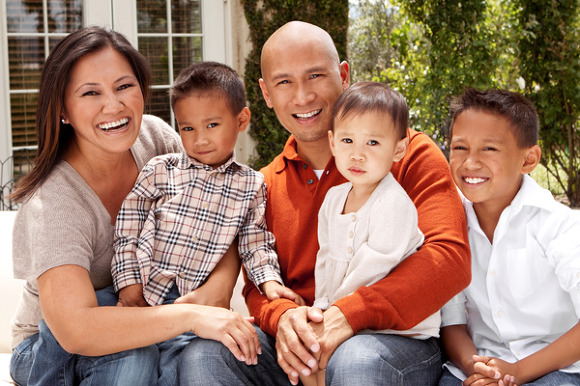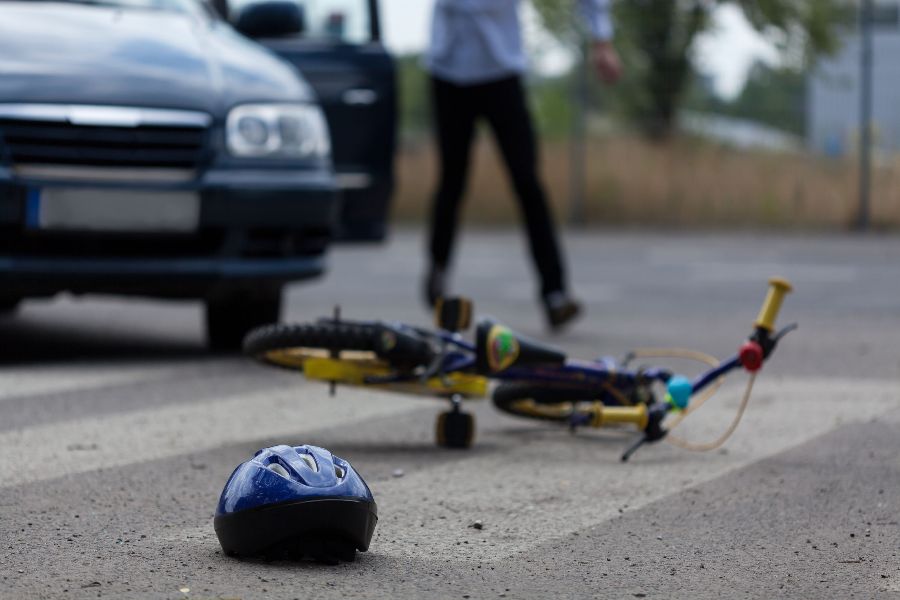There is a widely-accepted myth in our culture that women suffer the most in divorce proceedings and that men are emotionally uninvolved. According to recent studies, however, that just isn’t true. In research done by Yorkshire Building Society, men appeared to be just as emotionally devastated as women by marital breakups and maybe even more so. Forty-one per cent of men reported still being sad about the marriage dissolution after two years as compared to thirty-three per cent of women. In fact, most women seemed to feel relief and even liberation after a divorce.
That myth that men don’t suffer as much as women plays into the court proceedings; courts usually award custody of the children to the mother. Younger children are proven to do better when the primary parent is the mother, but older children benefit from shared parenting. Child support can be expensive, but it should be equitable and reasonable. Setting up two households of children’s rooms and belongings is challenging, but necessary to the security of the children. Shuttle belongings between two houses makes greater the likelihood that the possessions will be held hostage by one parent or the other when disagreements arise. Recognizing this, men are determining to fight for equally-shared parenting. According to an article on the “Families Need Fathers” website a study done in the UK over two years showed that more frequent and regular contact with non-resident fathers led to fewer adjustment problems in the children of divorce.
Shared parenting is gaining favor for many reasons. Because gender roles are converging, many men are becoming the primary caregivers at home. If you are your child’s primary caregiver, there is an expectation that the relationship should continue. In the past, courts have increased the rights of custodial parents and this has resulted in an unintended “punishment” of non-custodial parents in lost parenting and visitation time, less decision-making ability and a greater child support burden on the non-custodial parent, who usually is the father. The backlash against this policy is causing many states to review their positions on shared parenting. That is good news for fathers.
Divorces are legal proceedings. There is little place in the courtroom for emotional outbursts and anger. It is important to work out emotional issues ahead of time and to be aware of traps. It is also vital to understand the legalities of dividing assets, debts and custody. Visiting an informational resource like a Cordell & Cordell site can help you prepare for your case. An attorney experienced in advocating for fathers’ rights can help you decide what to ask for and what to expect. Your lawyer can also anticipate future issues such as school tuition and orthodontic expenses and design the divorce to achieve the best outcome for you and your family.
The emotional distance of men is a myth being debunked on all fronts. An attorney who understands how men deal with divorce can help you come out of yours relatively whole emotionally and, hopefully, financially. Do your homework. Don’t go into the process without an ally beside you; get an advocate in your corner.





